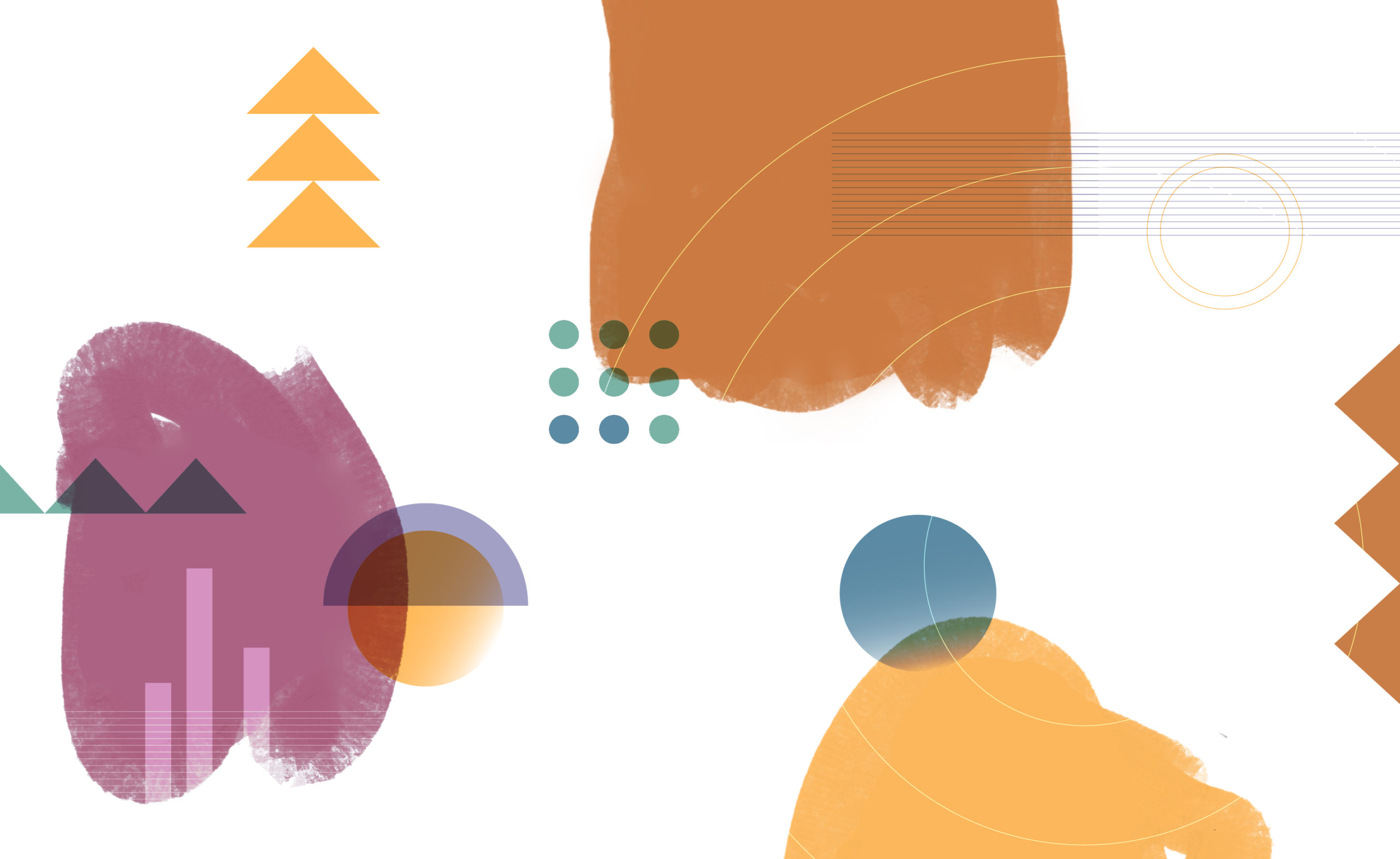
Transformations, challenges and strategies: what changed after 10 of the Quotas Act?
InternetLab launches mapping that systematizes reports made by key social actors and actress in the historical claims for equity in knowledge and draws attention on how the internet has been part of this process.
In the last decade, even though inequality still remains in the production and access to knowledge in Brazil, we can say we’ve gone through some positive and meaningful changes. In this scenario, the Quotas in Higher Education Act – Law n. 12,711/2012, that, besides completing a decade of enactment this year, is expected to undergo a review process, establishes itself as an important milestone.
The law, a result from social movements demands, mostly the black movement, has been the main cause for the increase of black, indigenous and lower social classes students in public universities and traditional teaching and research spaces. One question that still remains, however, is how the internet has played a part in this process. By associating questions related to equity in knowledge and demands for free knowledge – a present agenda in the digital rights movements – we proposed a connection between these two fields in the research we’ve been developing in the last few months.
For such, we organized two meetings that had active listening as their main goal. The first meeting consisted of a set of conversations with intellectuals and academics involved in epistemological and equity debates. The second meeting, named “10 years of the Quotas Act Seminar: mapping connections between other epistemologies and free knowledge” was carried out on March 22nd and 23rd, 2022. There, the main goal was to build a meeting between different social actors working on the academia, in social movements and/or on the third sector.The two meetings were guided by the following questions:
1) What were the main achievements and transformations to the access, production and circulation of knowledge by black and indigenous people? How has the internet been (or not) part of this process?
2) What are the main difficulties to the access, production and circulation of knowledge by black and indigenous people? How has the internet been (or not) part of this process?
3) What are the potential paths and strategies we can point out to reduce these inequalities? How can the internet and platforms as Wikipedia become allies to this process?
The mapping was systematized based on the main points raised during the two meetings, and a few supporting materials and data that may help to understand the context at work here. The results follows the “answers” given by the participants on the Seminar. Besides that, each of those answers was anchored in experiences, studies and different knowledge productions.
Results
On the topic of achievements and transformations, the participants brought up the following points: increase of black and indigenous students on Higher Education; policies for accessing formal education; increase of black and indigenous references; increase of publications from black and indigenous authors; gradual reduction of inequalities on internet access and increase in ethnical-racial consciousness.
By naming the difficulties that still remain, the major challenges were pointed out: the epistemicide; the lack of access to income; inequalities on the process of digital inclusion; consuming versus producing; the presence of hate, racism and data colonialism.
In thinking strategically about the future, the following actions were pointed as needed: overcoming epistemicide; defend digital rights as fundamental rights; strengthen and use black and indigenous press; dispute resources for projects that have as the main goal equity in knowledge; make free knowledge as practice and strategy (for example, by using platforms such as Wikipedia).
During these dialogues and listenings, we’ve realized the power between themes related to the claims for equity in knowledge and for free knowledge on the Internet. The participants proposed to reflect deeply on how the Internet has played a crucial role in the last two years and how it can now, through free knowledge platforms such as Wikimedia, strengthen the search for a scenario in which we make a shared commitment to face the challenges pointed out.
Listening actively to relevant figures on the debate about equity in knowledge in Brazil, in the context of the Quotas Act anniversary, was an appropriate movement to advance on the comprehension of whic should be the next steps and how far we’ve come until now.
The mapping is available in portuguese and english.